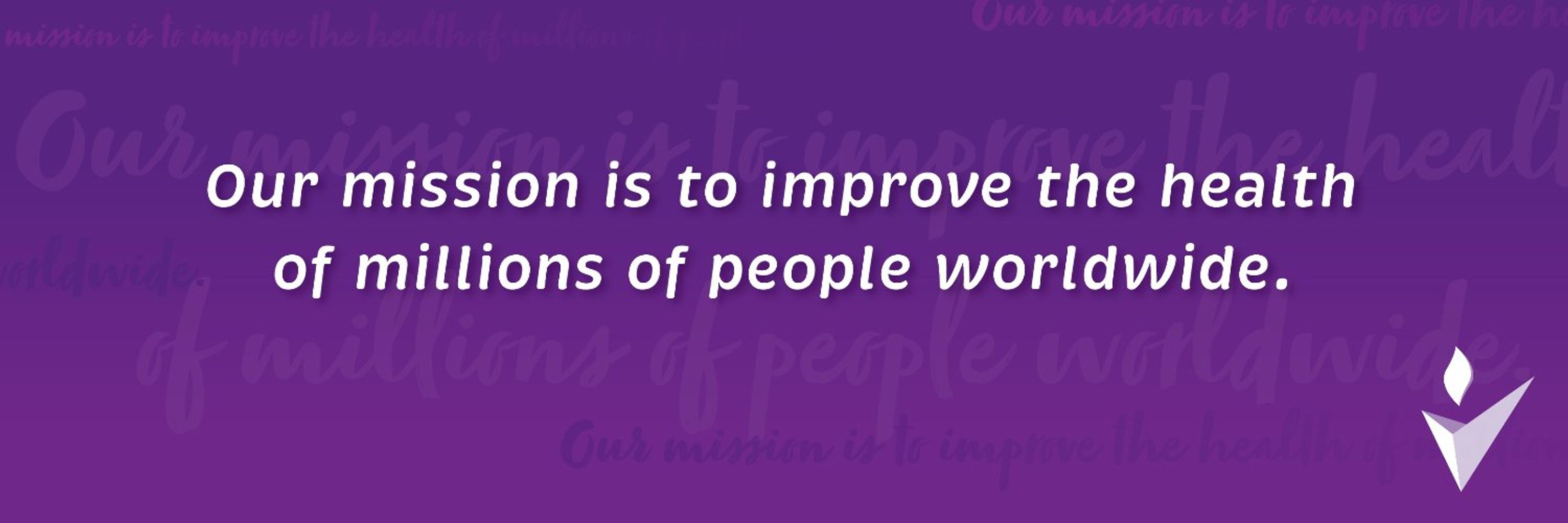The George Institute for Global Health
@georgeinstitute.bsky.social
260 followers
50 following
44 posts
We believe that everyone has the right to a healthy life, so we research solutions to some of the world's biggest health challenges, making a real difference to people’s health, particularly those facing the most barriers.
www.georgeinstitute.org
Posts
Media
Videos
Starter Packs
Reposted by The George Institute for Global Health
Reposted by The George Institute for Global Health
Reposted by The George Institute for Global Health
Reposted by The George Institute for Global Health
Reposted by The George Institute for Global Health






















